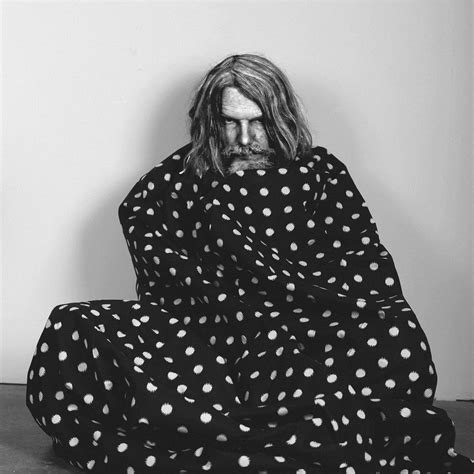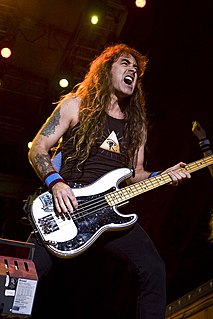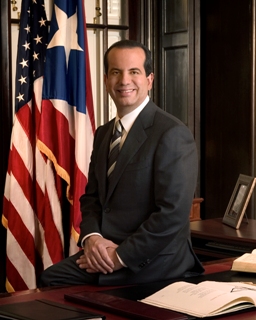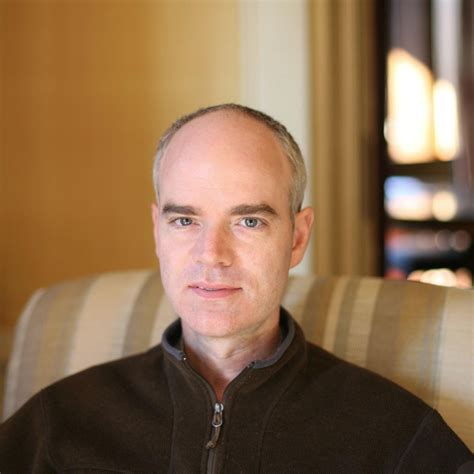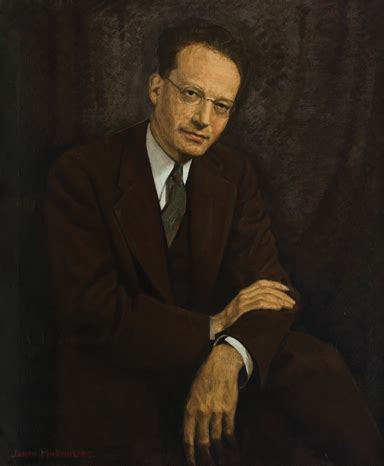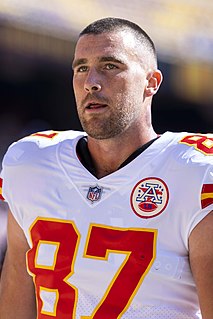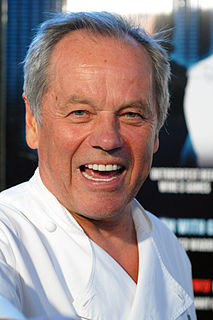A Quote by M. F. Husain
I kept on trying to use so many media and ideas in my work because our horizon is so vast and Indian culture is so rich that I think what we are today, culturally, we have a unique position and I don't think one lifetime is enough to encompass it.
Related Quotes
I don't think I have enough of an interest in today's cultural mood to connect with or reject it. I'm compelled by the ideas that arrive when I'm not trying, and I follow them through almost every time. I feel fortunate that these days, there are a lot of them. You could argue that they are informed by everything I'm experiencing culturally around me but I don't, for example, look online for new music or art very often, and I don't think there is much in contemporary culture for me. It's a needle in a haystack kind of thing, and I'd rather spend that time working on a new song.
I think our culture right now is a culture that's trying to find itself. They're trying to figure out what is it? Is it social media followers? Is it trying to be popular? Is it money? Is it fame? Is it power? They're searching for identity and so many of us have been there, and we'll get back to that place of what is our identity? Who are we? More importantly, whose are we? For me, I find my identity in a relationship with Christ.
It's a fusion of almost everything, in the way that I think society today tends to take cultural memory. Because there's an internet, it's on there forever. I think that's the way kids see the world today. They actually speak to each other using retro concepts now because the internet culture has kept that memory alive, constantly.
The language of the culture also reflects the stories of the culture. One word or simple phrasal labels often describe the story adequately enough in what we have termed culturally common stories. To some extent, the stories of a culture are observable by inspecting the vocabulary of that culture. Often entire stories are embodied in one very culture-specific word. The story words unique to a culture reveal cultural differences.
It is a pity that so many Americans today think of the Indian as a romantic or comic figure in American history without contemporary significance. In fact, the Indian plays much the same role in our society that the Jews played in Germany. Like the miner’s canary, the Indian marks the shift from fresh air to poison gas in our political atmosphere; and our treatment of Indians, even more than our treatment of other minorities, reflects the rise and fall in our democratic faith.
I was on television a couple of years ago and the reporter asked me, "How does it feel being on mainstream media? It's not often poets get on mainstream media." I said, "Well I think you're the dominant media, the dominant culture, but you're not the mainstream media. The mainstream media is still the high culture of intellectuals: writers, readers, editors, librarians, professors, artists, art critics, poets, novelists, and people who think. They are the mainstream culture, even though you may be the dominant culture."
I'm Indian-American and I think that when I think of myself as being culturally Indian, it had so much to do with when I lived with my parents and was a kid because they would take me to the Diwali festivals. They would take me to the temple, and they would teach me about all the different holidays.
I don't think a lot of people in America understand what Indians are. And that's our fault, a little. We tend to forget our roots a bit. As kids we think, If I'm too Indian, I'll be put in a box, and people will think of me as different. They'll think I'm weird, because I eat Indian food or my name is difficult to pronounce.
I think the most important thing when you are in a competition and you have, let's say, ingredients you have to use make something you did already because none of the judges, you know, probably had it in our lifetime, so I think do something you feel confident with, not something completely new where you are not sure how many hours or how many minutes you have to cook it or if the seasoning is right or if the combinations of spices and herbs are right.

